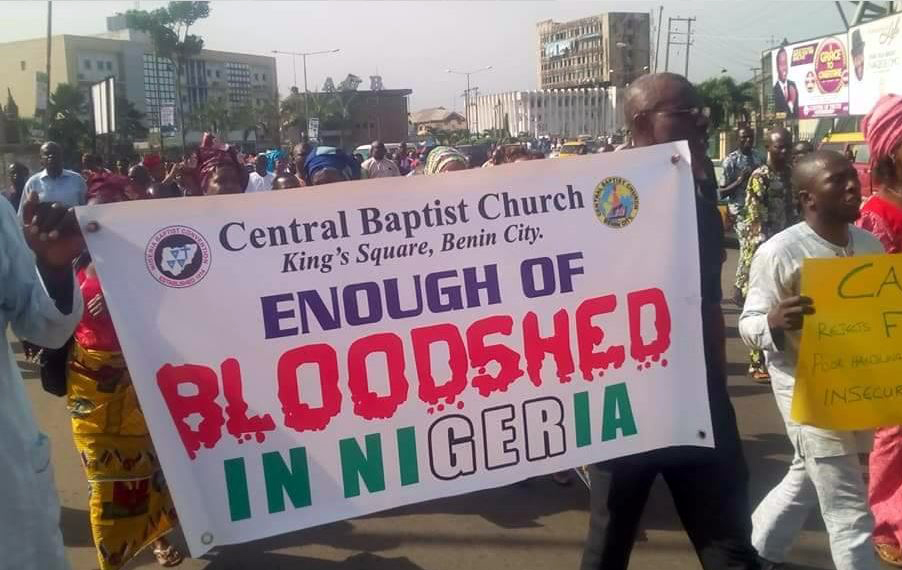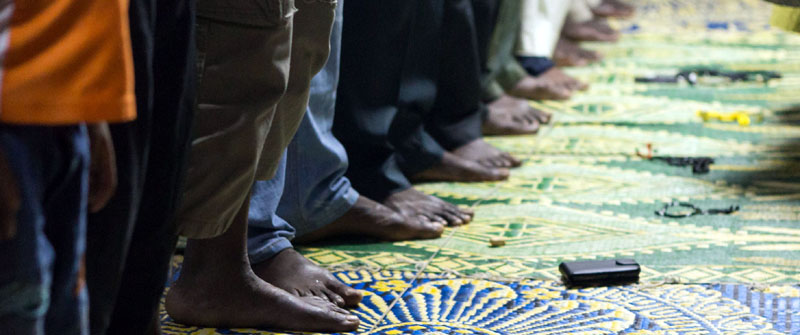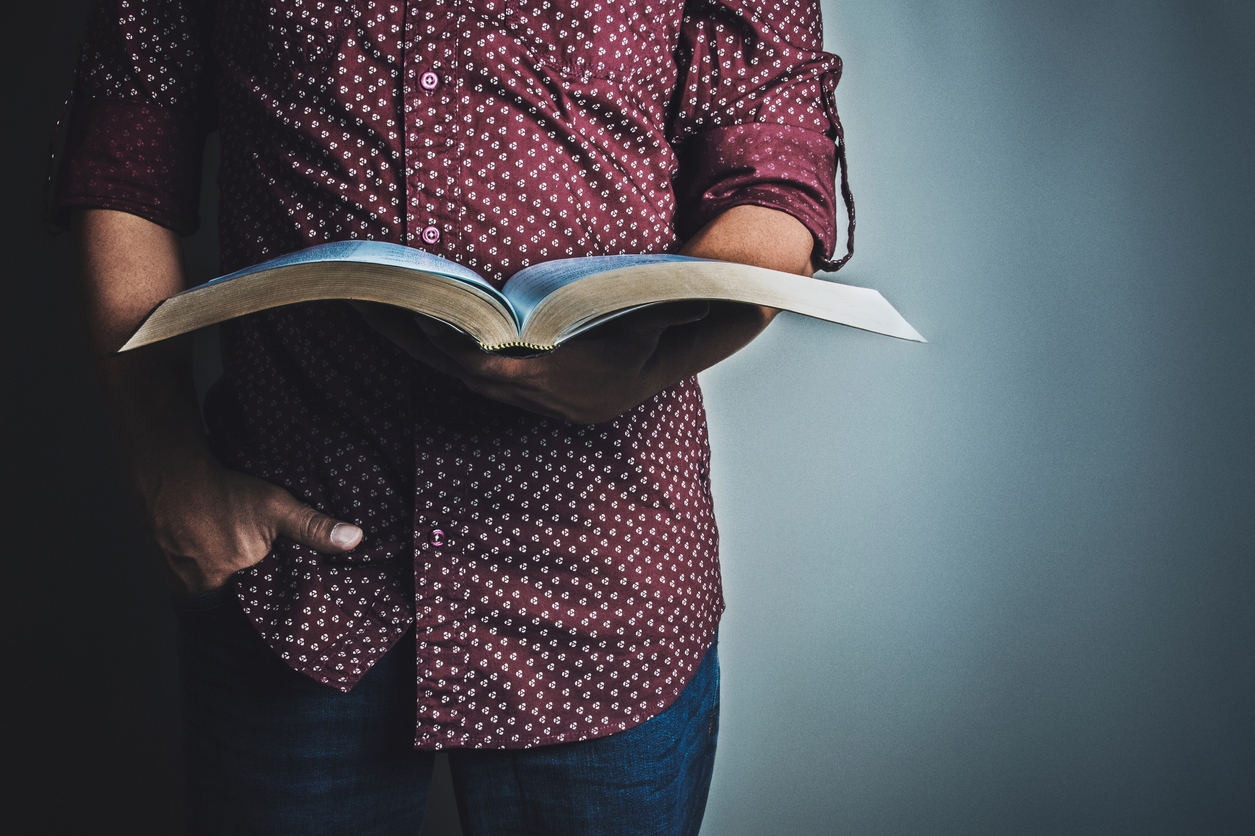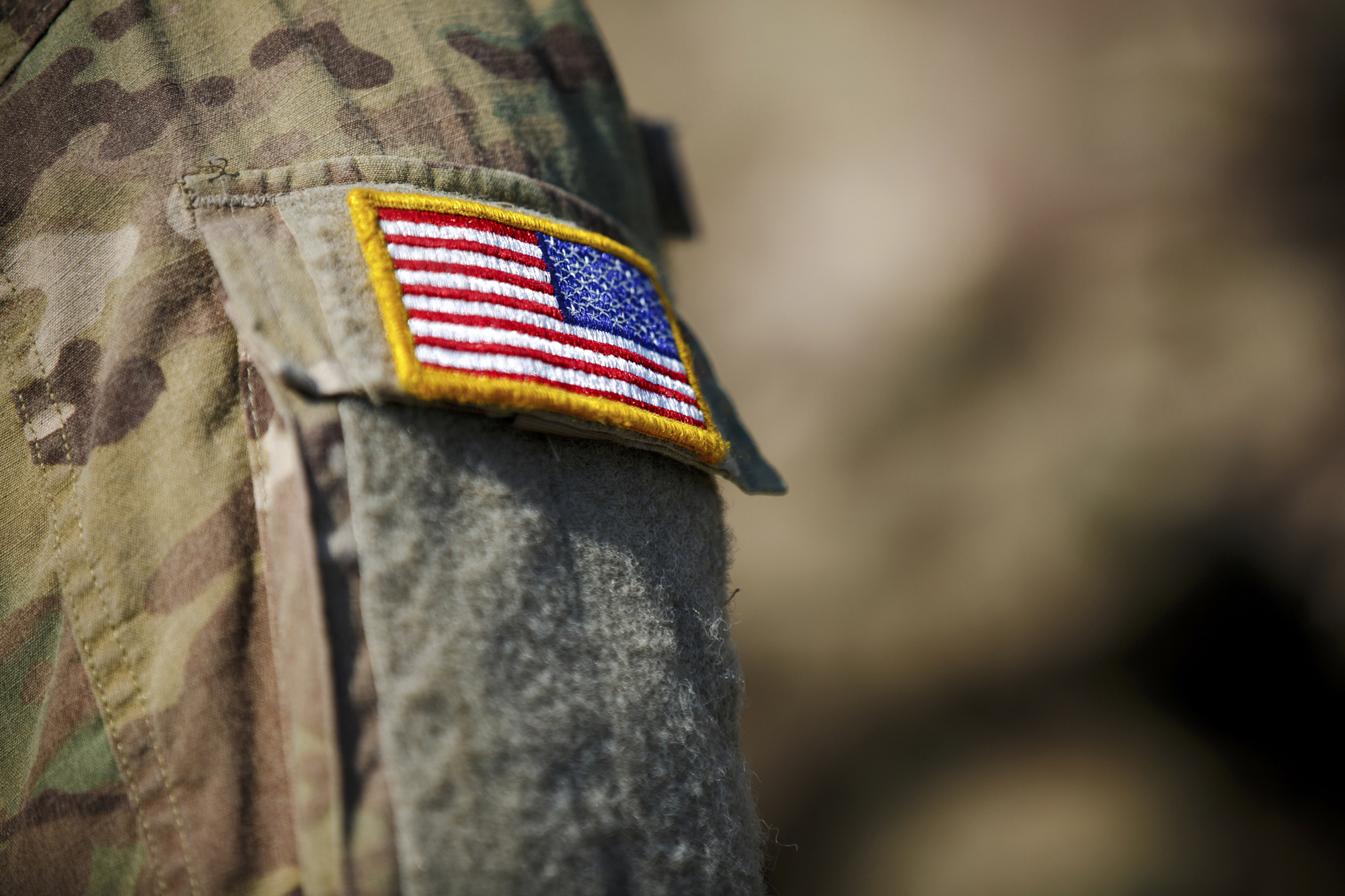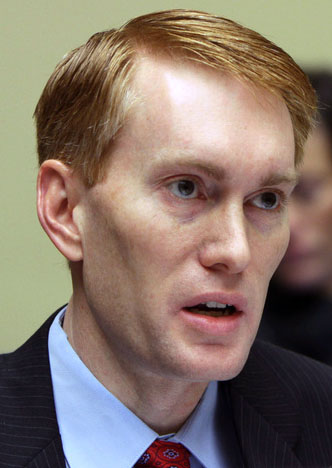
NEW YORK, N.Y. (BP) – College classmates stoned and torched Deborah Samuel to death in May 2022, in Abuja, Nigeria, accusing her of blaspheming the Prophet Muhammad. At St. Francis Catholic Church in Ondo State, bandits attacked during mass on Pentecost Sunday and killed dozens.
The events occurred in mid-2022 around the time Frederick Davie, vice chair of the U.S. Commission on International Religious Freedom (USCIRF), was on an official trip investigating the religious persecution that makes Nigeria the most dangerous place globally for Christians.
Yet, the U.S. State Department has failed to list Nigeria as a Country of Particular Concern (CPC) since 2020, the lone year the country was included on the list that alerts Congress to religious freedom violations and lays groundwork for intervention.
“We met with several security officials in the national government of Nigeria, one of whom said that they were doing everything they could to protect the people of Nigeria to allow them to worship freely,” Davie told Baptist Press days after the State Department failed to name Nigeria a CPC in 2024. “And not two weeks after I left there, an entire prison not far from that place where we met with the security person in Abuja, was raided and emptied. Many of the people … let loose once the jailbreak happened were religious terrorists.
“Some reports said it took police an hour for the security forces from Nigeria to respond.”
Such security failures that allow terrorists to persecute and kill Christians with impunity are widely characterized as systemic across Nigeria. The violence that accounted for the deaths of 5,014 Christians in Nigeria in 2022, according to a widely respected count from Open Doors U.S., is why USCIRF and other advocacy groups, including the Southern Baptist Ethics & Religious Liberty Commission, have urged the State Department since 2021 to name Nigeria a CPC.
“We believe clearly, in the first order, that the (Nigerian) government clearly isn’t doing enough itself,” Davie told Baptist Press, “and there are valid reports that suggest there are circumstances where the government is even encouraging and maybe even participating to some degree in the perpetration of this religious violence.
“We believe a CPC designation puts the government on notice that the U.S. will no longer turn a blind eye to this and will more intentionally engage the government of Nigeria to address these issues of violations of freedom of religion or belief.”
The CPC designation indicates a national government has “engaged in or tolerated particularly severe violations of religious freedom,” as defined by the International Religious Freedom Act (IRFA), and alerts Congress to impose policies or economic measures against the countries to promote international religious freedom.
Targeted sanctions against officials in Nigeria, engagement with on-the-ground groups to strengthen protections at the community level, and training and material support for security forces in Nigeria are among tactics that would be available to the U.S. under a CPC designation.
USCIRF on Jan. 4 called for public Congressional hearings to address the matter. So far, the House Foreign Affairs Committee has scheduled a meeting in February to hear testimony from USCIRF Commissioner Frank Wolf about Nigeria. Wolf authored IRFA during while serving in the U.S. House of Representatives.
“We called for Congressional hearings because we, USCIRF, strongly believe that the details of how Nigerian government is both ignoring, choosing not to engage around security issues when it comes to freedom of religion or belief, or is participating in it in certain ways should be made public, be revealed to the public,” Davie said. “And that the State Department should be very clear with the public, understanding there are some security matters it can’t make public, but should be as transparent as possible with the public about why it chose not to put Nigeria yet again on the Country of Particular Concern List.”
Militant Fulani herdsmen, Boko Haram, Jama’atu Ahlis Sunna Lidda’adati wal-Jihad (JAS) and the Islamic State West Africa (ISWAP) are major terrorist groups active in Nigeria, and are the government’s stated reason for ongoing religious persecution.
“I think the government at one level is simply not investing the resources, both human resources and financial resources and expertise into strengthening its internal security to be able to protect people who are choosing to worship the way they do,” Davie said.
USCIRF will continue to advocate for such, holding hearings, visiting and sending delegations to Nigeria, producing reports on religious persecution there and advocating for Nigerians who choose to worship freely.
“We believe that this continued push,” he said, “should have some impact on the U.S. government and how it engages Nigeria. But it also keeps the issues of religious freedom on the public agenda and in the public square.”
–30–
